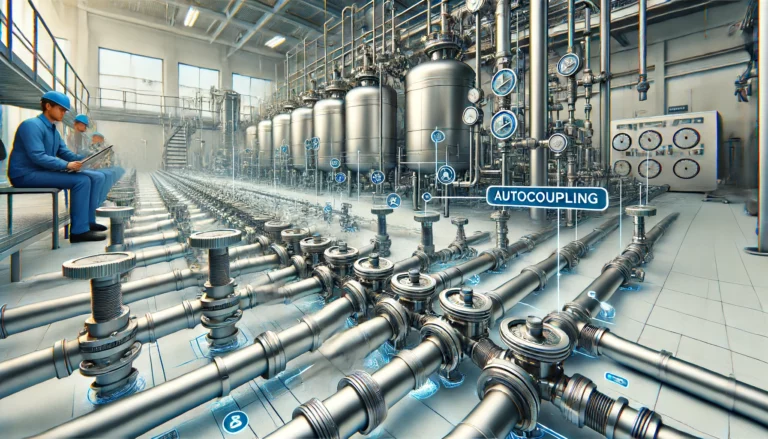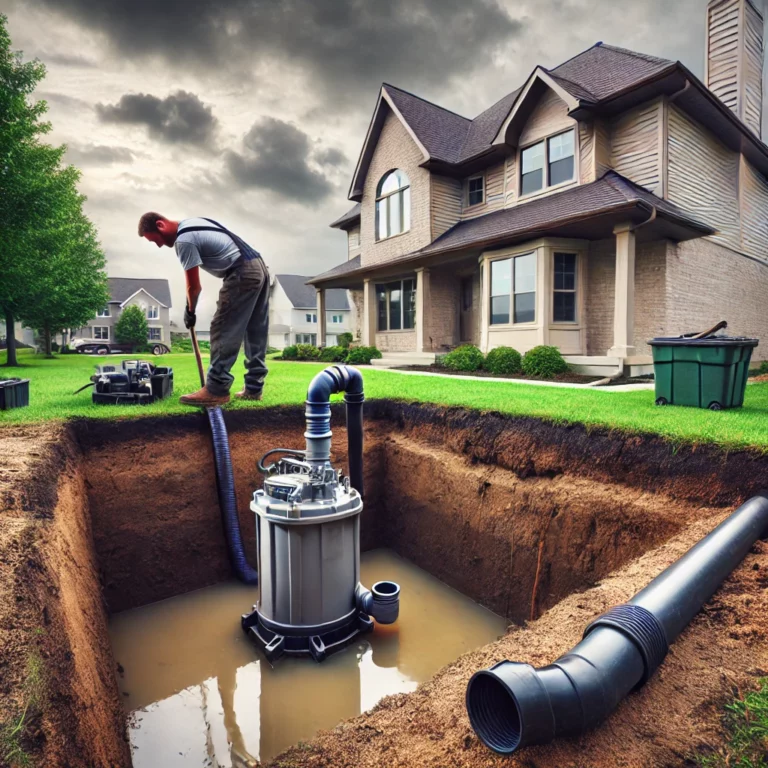How many years does a septic pump last?
Factors that Determine the Lifespan of a Septic Pump
There are several factors that play a crucial role in determining the lifespan of a septic pump. One of the primary factors is the quality of the pump itself. Opting for a high-quality pump that is specifically designed for septic systems can significantly increase its durability and lifespan. Additionally, the installation process and the expertise of the installer can also have an impact on the pump’s longevity. A poorly installed pump may not function optimally and may wear out quickly, whereas a properly installed pump is more likely to last longer.
Another important factor is the frequency and effectiveness of maintenance. Regular maintenance, such as pumping the septic tank and inspecting the pump and its components, is essential to keep the pump in good working condition. Neglecting maintenance tasks or not following the recommended schedule can lead to issues that can shorten the lifespan of the pump. It is also important to consider the usage of the septic system. Excessive water usage, the presence of non-septic safe materials, and overloading the system with too much waste can put additional strain on the pump and decrease its lifespan.
Signs Your Septic Pump Needs to be Replaced
There are several telltale signs that your septic pump may need to be replaced. One of the most obvious indicators is a foul odor emanating from your septic system. If you notice a persistent smell of sewage around your property, it could be a sign that your septic pump is no longer effectively removing waste from your system. Additionally, if you experience frequent backups or slow drains in your sinks, toilets, or showers, it could be a sign that your septic pump is no longer functioning properly. These issues can indicate that your pump is struggling to keep up with the demands of your household, and it may need to be replaced to prevent more severe problems from occurring.
Another sign that your septic pump may need to be replaced is an unusually high water level in your septic tank. Normally, the water level should be below the outlet pipe, indicating that your pump is effectively removing water from the tank. However, if the water level is consistently above the outlet pipe, it could indicate that your pump is not functioning properly and needs to be replaced. Additionally, if you notice strange sounds coming from your septic system, such as gurgling or bubbling noises, it could be a sign that your pump is struggling to function and needs to be replaced. Ignoring these signs can lead to costly repairs and potential health hazards, so it’s essential to address any issues with your septic pump promptly.
Common Problems that Affect the Lifespan of a Septic Pump
One common problem that can significantly affect the lifespan of a septic pump is the buildup of solids and debris in the system. Over time, solid waste and other materials can accumulate in the septic tank and clog the pump. This can lead to increased wear and tear on the pump, causing it to work harder and potentially leading to premature failure. Regular pumping and maintenance of the septic tank can help prevent this issue and ensure the pump operates efficiently.
Another problem that can impact the lifespan of a septic pump is water infiltration into the system. If there are cracks or leaks in the septic tank or the surrounding pipes, groundwater can enter the system. This not only increases the volume of water the pump has to handle, but it can also introduce excess moisture and bacteria, which can lead to additional strain on the pump and potential damage over time. Regular inspections and repairs of the septic system are essential to identify and fix any leaks or cracks to prevent water infiltration and prolong the lifespan of the septic pump.
Understanding the Maintenance Requirements for a Septic Pump
Maintaining a septic pump is crucial for its longevity and proper functioning. One of the key maintenance requirements is regular inspection. It is recommended to have your septic pump inspected by a professional at least once a year. During the inspection, the technician will check for any signs of wear and tear, leaks, or clogs. They will also ensure that the pump is operating at the correct pressure and that all the electrical components are in good condition. Regular inspection helps to identify any potential issues early on and prevent them from escalating into more serious problems.
Another important maintenance requirement for a septic pump is regular cleaning. Over time, solid waste and sludge can accumulate in the pump and cause blockages. To avoid this, it is recommended to have the pump cleaned every 3-5 years, depending on the usage and size of your septic system. Professional septic pump cleaning involves pumping out the tank and removing any accumulated solids. This not only prevents blockages, but also helps to maintain the overall efficiency and performance of the pump. Regular cleaning is essential to ensure that your septic pump continues to operate smoothly and avoid any costly repairs or replacements in the future.
Choosing the Right Size and Type of Septic Pump for Longevity
When it comes to choosing the right size and type of septic pump for longevity, there are several factors to consider. One of the most important factors is the size of your septic tank. The pump you choose should be able to handle the volume of waste that your household generates. If the pump is too small, it may not be able to keep up with the demand, leading to backups and other issues. On the other hand, if the pump is too large, it may cycle on and off too frequently, causing unnecessary wear and tear.
Another factor to consider is the type of pump that will best suit your needs. There are several types of septic pumps available, including submersible pumps and pedestal pumps. Submersible pumps are installed inside the septic tank and are designed to be completely submerged in water. They are generally quieter and more efficient than pedestal pumps. Pedestal pumps, on the other hand, are installed outside of the septic tank and are designed to operate without being submerged. They are typically less expensive than submersible pumps but may require more regular maintenance.
Tips for Prolonging the Life of Your Septic Pump
Regular, proper maintenance is key in ensuring the longevity of your septic pump. Here are a few tips to help you prolong its life. Firstly, make sure to regularly inspect your septic tank for any signs of damage or leaks. If you notice any issues, it is important to address them promptly to prevent further damage to your pump. Additionally, it is crucial to have your septic tank pumped and cleaned on a regular basis, as this helps remove any buildup or sludge that can potentially clog your pump and affect its performance. Finally, be mindful of what you flush down your toilets or drains. Avoid disposing of non-biodegradable items or chemicals that can harm your septic pump and system. By following these tips, you can ensure the longevity and efficiency of your septic pump, saving you time and money on costly repairs or replacements in the future.
FAQ
How long does a septic pump typically last?
On average, a septic pump can last anywhere from 7 to 15 years. However, with proper maintenance and care, it may even last longer.
What factors can affect the lifespan of a septic pump?
Several factors can influence the lifespan of a septic pump, including the quality of the pump, the frequency of usage, the size and type of the pump, the volume of wastewater it handles, and the maintenance practices followed.
How can I know if my septic pump needs replacement?
There are certain signs to look out for that indicate your septic pump may need to be replaced. These include unusual noises coming from the pump, frequent clogging or backups, unpleasant odors, and decreased efficiency in pumping wastewater.
What are some common problems that can affect the lifespan of a septic pump?
Common problems that can impact the lifespan of a septic pump include improper installation, lack of regular maintenance, overloading the system with excessive water usage, using harsh chemicals or non-septic-safe products, and allowing solid waste to enter the pump.
What maintenance does a septic pump require to prolong its life?
Regular maintenance is crucial for extending the lifespan of a septic pump. This includes periodic inspections, cleaning the pump and float switches, checking for leaks or damage, ensuring proper electrical connections, and pumping the septic tank as recommended by professionals.
How do I choose the right size and type of septic pump for longevity?
It is important to consult with a professional to determine the appropriate size and type of septic pump for your specific needs. Factors such as the size of your property, the number of occupants, and the volume of wastewater generated should be considered to ensure optimal performance and longevity.
Are there any tips to prolong the life of my septic pump?
Yes, there are a few tips you can follow to prolong the life of your septic pump. These include conserving water usage, avoiding flushing non-biodegradable items, using septic-safe products, having regular inspections and maintenance, and addressing any issues promptly before they worsen.
Can I repair a septic pump instead of replacing it?
In some cases, minor repairs may be possible to fix issues with a septic pump. However, it is important to consult with a professional to assess the extent of the damage and determine if repair is a viable option. In many cases, it may be more cost-effective and reliable to replace the pump if it is nearing the end of its lifespan or experiencing significant problems.
How often should I have my septic pump inspected?
It is recommended to have your septic pump inspected at least once a year by a professional. This allows for early detection of any potential issues and ensures that your pump is functioning optimally. Additionally, regular pumping of the septic tank, as recommended by professionals, is necessary to prevent solids from entering the pump and causing damage.




